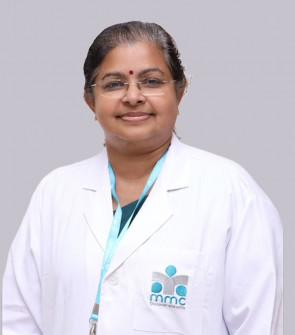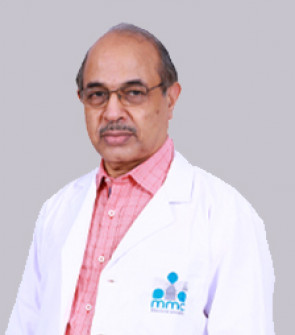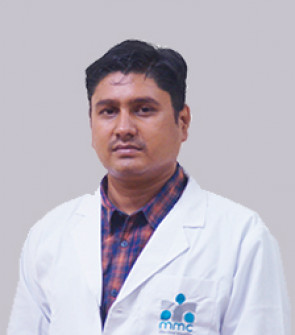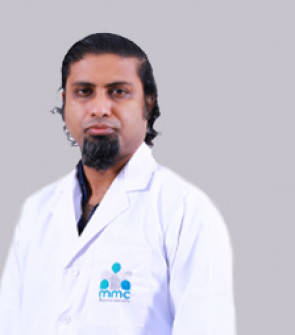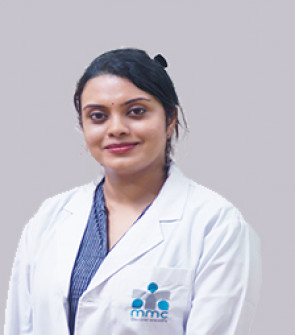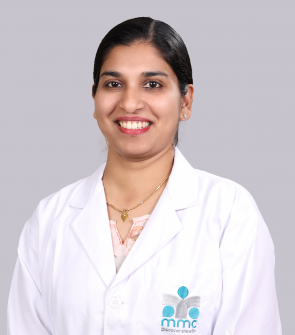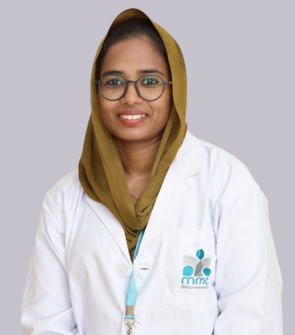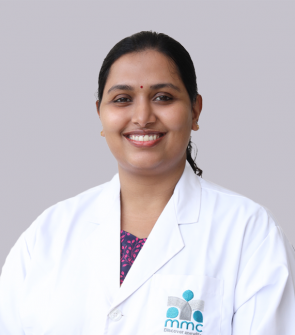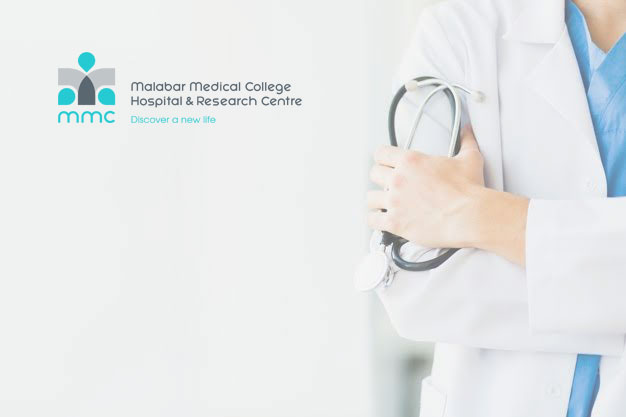
Pharmacology
Faculties

Overview
The Department of Pharmacology came to existence in the year of 2011. Pharmacology is the science of drugs which is often confused with pharmacy. Pharmacology is a separate discipline in the health sciences. Pharmacology is the science of how drugs act on biological systems and how the body responds to the drug. The study of pharmacology encompasses the sources, chemical properties, biological effects and therapeutic uses of drugs. Pharmacology has an important role in pharmaceutical industry where drug discovery and clinical trials are all based on pharmacological principles.
Pharmacology lies at the heart of biomedical science, linking together chemistry, physiology and pathology. Pharmacologists work closely with a wide variety of other disciplines that make up modern biomedical science, including neuroscience, molecular and cell biology, immunology and cancer biology. Pharmacological knowledge improves the lives of millions of people across the world. It maximizes their benefit and minimizes risk and harm.
Knowing Pharmacology is crucial for/to:
- a. Discovery of new medicines to help fight diseases
- b. Improve the effectiveness of medicines
- c. Reduce unwanted side effects of medicines
- d. Understand why individuals differ in the way they respond to certain drugs and why some others cause addiction
Teaching Program
Education (Undergraduate Teaching)
- The department trains students of MBBS, BDS, B.Sc. Nursing, BPT, B.Sc. Optometry, Diploma in Operation Theatre Technology and Diploma in dialysis technician in both theoretical and practical aspects of pharmacology. MBBS students are also taught topics like essential medicines, Pharmacovigilance, drug information services etc.
- A novel method of assessment of undergraduate students has been introduced in the form of group discussion and seminars during mid & end semester examinations.
- The conventional practical classes of pharmacy have been replaced with demonstration & group discussion on marketed pharmaceutical products, new drug delivery systems, prescription audit, drug interaction exercises etc
- Most of the animal experiments (isolated tissue experiments) are being replaced by clinical pharmacology exercises and also by teaching through Computer Assisted Learning (CAL). Objective Structured Practical Examination (OSPE) has also been introduced.
Vision
The vision of Department is to become a centre of excellence that provides leadership in education, training and research to the students of Pharmacology.
Mission
The Department’s mission at the undergraduate level is to contribute in the overall training of the medical house officer, through enriching him with the knowledge, attitudes and skills needed for rational drug prescription, so that he can fit effectively and efficiently, not only into the Kerala health care service system, but also elsewhere
Achievement
The University results for Pharmacology in second MBBS examination have remained constantly excellent (> 95% pass rate) from the date of inception.
Facilities
- The department consists of two well planned spacious laboratories for Experimental Pharmacology and Clinical Pharmacology (Shared with Biochemistry department) with facility to conduct practical exercises for 100 undergraduate students. Both the laboratories are well equipped, as per MCI norms.
- The department has two spacious demonstration rooms with capacity of eighty each to accommodate the students for the small group discussion, doubt clarification and assignments for the Undergraduate students. The department is fully equipped with instruments for practical, demonstrations for students.
Museum in the Department is very spacious and provided with:
- Drug samples – 175
- Laminated Boards (Scientists, MOA & ADRs) – 88
- Instruments & Dosage forms – 30
- Specimen of Medicinal Plants - 24
- The department has a Research laboratory for the faculty members to carry out animal and in-vitro experiments and is furnished with adequate instruments and infrastructures.
- The departmental library cum seminar room is spacious to accommodate 20 participants at a time. There are 150 books in the library.
Facilities available:
- Demonstration Rooms -2
- Students Practical Halls - 2
- Research laboratory-1
- Staff Rooms-6
- Sectional Library-1
Research
Dr.P.V.Narayanan
- Tuberculosis
- Cancer
- Public administration and financial management
Dr. M.R. Laveesh
- Medical education
- Obstructive airway disease
- Pharmacovigilance
Dr. Biacin Babu
- Fostering good Pharmacovigilance practice
- Pharmacogenomics and Personalized medicine (with focus on TPMT, NAT genotypes in India, interpretation to clinicians to initiate drug therapy)
- Regenerative Pharmacology
- Bioethics in research
- Off label uses of drugs in Palliative medicine
Biacin Babu. Knowledge, attitude and practice towards fixed dose combination of drugs among practicing medical professionals in a tertiary care hospital. Med ej. 2014
Dr. Paul Mathai
- Insulin resistance; especially drug induced insulin resistance with a special focus on second generation antipsychotics
Dr. Ravi Prasad Nidanapu
- Research on implementation of innovative teaching methods
- Research on drugs used for pediatrics and geriatrics
- Research on promoting pharmacy dispensing methods
Dr. Anu Chandran
- Oral hypoglycemic agents
- Targeted chemotherapy
- Parenteral vitamin-D
Ms. Hema Lalitha
- Pharmacoeconomics
- Rational use of medicines
- Chemotherapy and bacterial resistance
Activities
- Staff is actively involved in Undergraduate research projects
- Small daily group discussions in the department about subject, research journals and recent advances in the subject
- The head of department is the member secretary of Institutional Ethics Committee (IEC) and Pharmacovigilance Committee (PVC)
- They attend CME, workshop and conferences to keep themselves up-to-date





